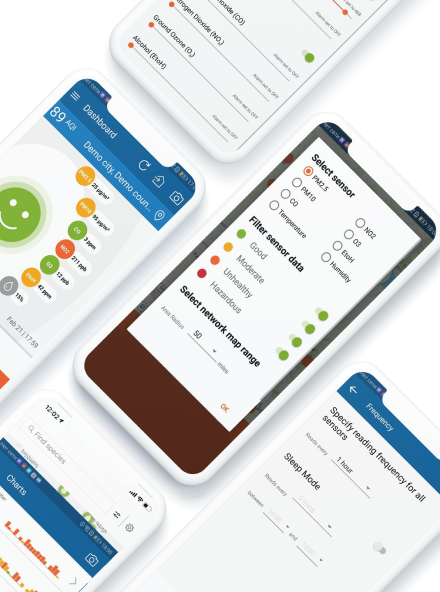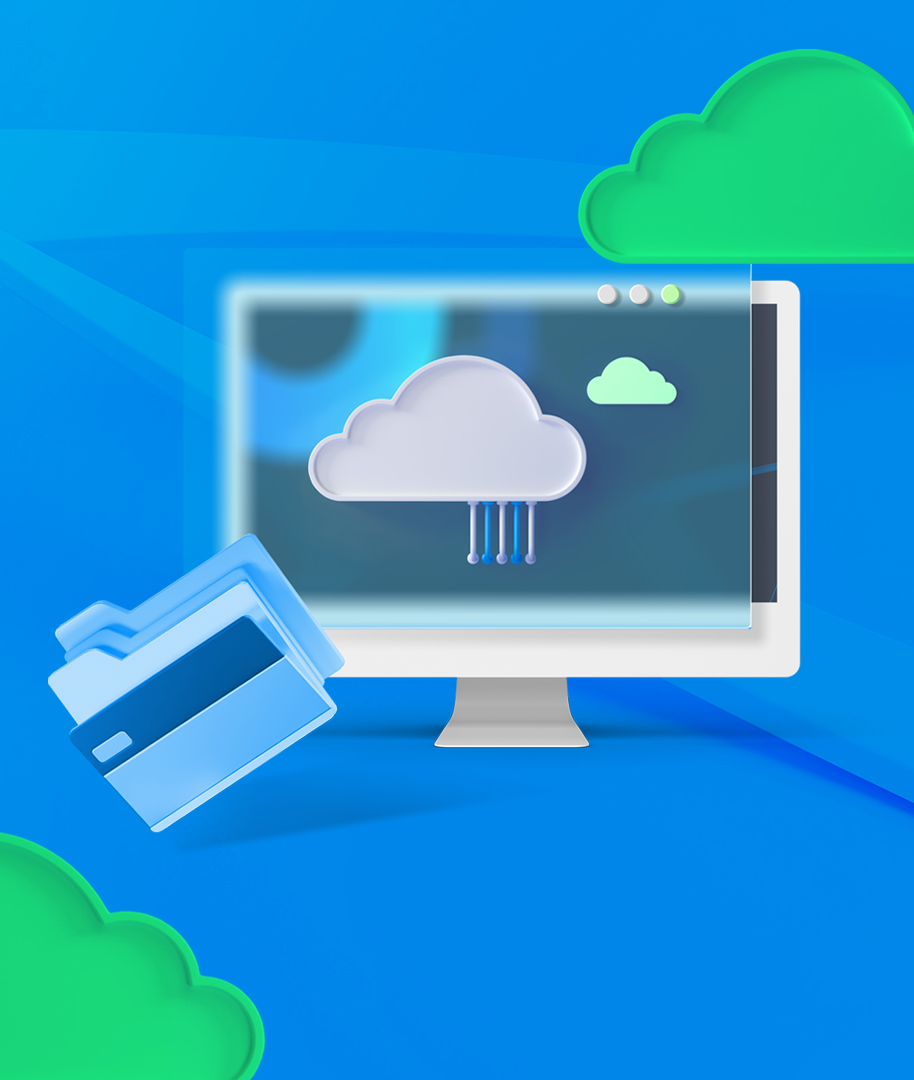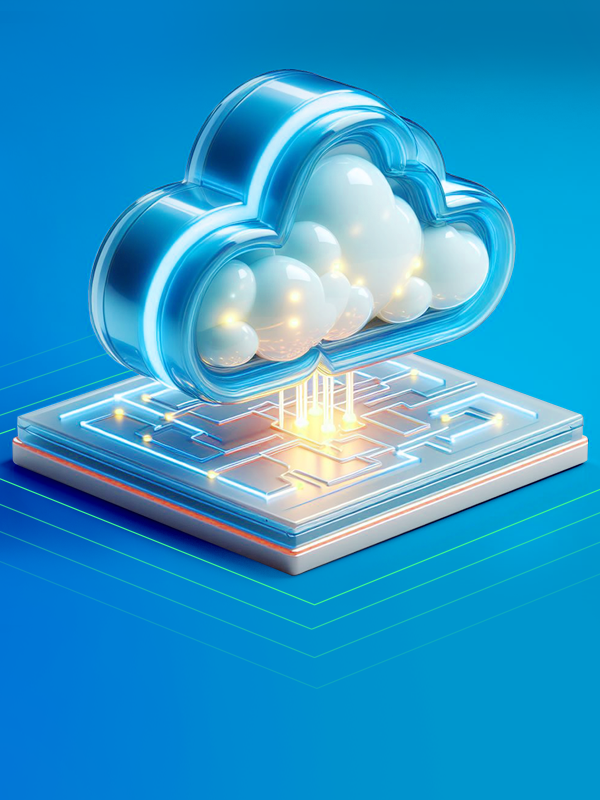
Why Leverage IoT in Your Next Mobile App
3 Sep 2020

What is IoT and why is it making such waves? The term “the Internet of Things” was coined in 1999 by Kevin Ashton, however the actual technology didn’t start gaining in popularity until 2011, when it was added to Gartner’s list of emerging technologies. Despite the prevalence and the widespread usage of the term, though, few people actually understand the true meaning of IoT tech.
IoT in a Nutshell
In its broadest sense, the term IoT covers everything connected to the internet. More specifically, though, it refers to devices, everything from simple sensors to smart watches that are connected together through the internet. Add to that automated systems that gather and analyze data collected from those devices, and it is now possible to make valuable inferences and make better business decisions thanks to that data.
Enter Industry 4.0 – the impending 4th industrial revolution, as it is known in Germany. In an effort to maintain the sustainability of its success, the German manufacturing industry is going to great lengths to make its factories “less stupid” by harnessing the power of IoT. The movement has gone on to spread beyond manufacturing, and other industries, of course, are following suit.
With 127 new IoT devices being connected to the web every second, experts estimate the number of connected devices to reach 31 billion in 2020 and surpass 75 billion by 2025. Needless to say, the implications of IoT are going to be tremendous, regardless of the industry vertical.
Why You Should Leverage Mobile Apps for Your IoT Solutions
.jpg?sfvrsn=e766cc9b_0)
IoT development in mobile apps enables the remote setup and control of the increasingly prevalent smart gadgets like wearables (wristwatches, eyeglasses), medical devices, asset trackers, and smart home devices.
1. Wearables
With the steady rise of IoT, wearables have come to permeate our lives and every aspect of technology. They are small, seamless, connected to the Internet, and always with you when needed. By and large, they perform the same function as phones, only they are smaller and more even more portable. Wearable technology continues to evolve as does its usage. In fact, it is predicted that within this year, there will be 441.5 million wearable users.
The popularity of wearables is inevitably tied to the quality of the apps behind them that are running on the users’ smartphones. As a result, there is a surge of demand by companies to create state-of-the-art mobile apps for managing wearables and keeping their customers happy.
Developing apps for wearables comes with its own set of challenges and opportunities and has deeply affected the entire mobile development process: from ideation to performance. Developers have to take into account to issues like integration, authorization, personalization, connectivity, and UX design, just to name a few.
2. Healthcare
Healthcare is one of the industries that has been most active in implementing IoT with the aim of improving quality of service. IoT healthcare solutions elevate the efficacy of patient monitoring and healthcare provisioning, in a continuous quest to advance the industry and make it smarter. With the help of IoT, companies are developing solutions like
- Voice-controlled patient assistants that continue to transform the way patients receive care, communicate with their doctors or caregivers, and collaborate on their treatment plans all with the help of a mobile application.
- Wearable devices that send vital health information to the patients’ mobile apps, further facilitating doctor-patient communication and better equipping healthcare professionals to make vital decisions.
- Remote patient monitoring enables the sharing of real time patient’s data to its treating professionals.
3. Asset Tracking
The management of supply chains is notorious for its complexity. Integrating IoT into logistics brings unprecedented visibility and control into the process, transforming the way businesses transport goods, control inventory, and replenish stock.
Sensor-driven IoT tools developed to track assets give businesses insight throughout the entire journey of the shipment. Advanced sensors monitor and track container environment during shipping, including temperature and moisture, providing companies with real-time visibility into their supply chains and inventories with information sent right to their smartphones.
4. Connected Spaces
As IoT keeps expanding, and people are getting more and more comfortable with new concepts like smart homes, smart toys, and smart cities, mobile apps become even more in demand as a means to interface and interact with the new reality.
Businesses are in a constant strive to be more sustainable, more responsive to changes, and more ergonomic for their consumers. Connected spaces, like homes, workplaces, and smart cities aim to achieve these goals with the help of IoT solutions like dynamic pricing, analysis and prediction of future needs, and sensor-based devices that continually gather data around the physical spaces around us and translate that data into usable insight.
How 5G Will Forever Affect the Future of Mobile and IoT
The commercial success of IoT devices are ultimately tied to their performance – in other words, how quickly they can communicate information. With 5G expected to be at least 10 times faster than the current networks, with some experts predicting it to eventually be 100 times faster. This increase in speed means a faster than ever IOT data sharing and transfer.
5G will be able to handle significantly more devices than the earlier 3G or 4G, enabling billions of IoT devices to connect instantaneously. In addition to the incredible boost in speed, 5G networks will operate more reliably resulting in more stable connections. Network stability and reliability are important for all IoT devices, but even more so for security cameras, locks, and other monitoring systems that run on real-time updates.
As data usage will continue to grow with the unraveling of 5G, the implications and possibilities of IoT will become limitless, and early market entrants will enjoy a considerable advantage.
Work with us to develop your next IoT app
When embarking on your IoT project, you need a team that is experienced in and understands the intricacies entailed in IoT development. We approach each IoT project with in-depth research and risk assessment to make sure we deliver a solution that fits your needs. Stay ahead of the competition with our end-to-end IoT development services delivered by a cross-functional team of seasoned professionals.
Just drop us a line and ask everything you need to know about your next IoT project.



